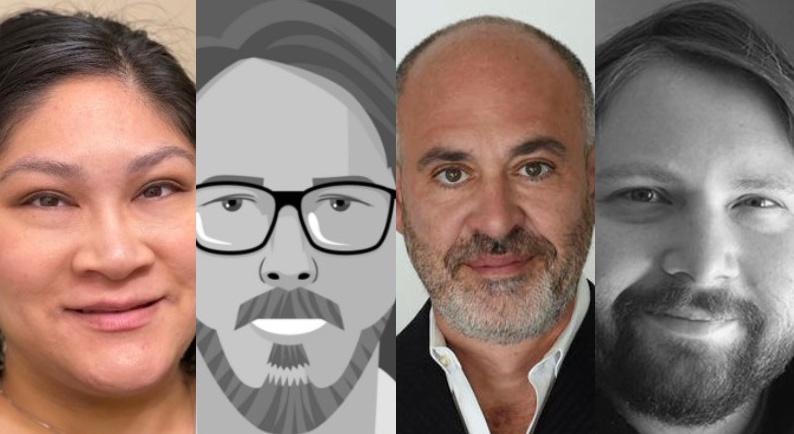
Connecting the Classroom to Industry
Tutorial
foundational
+10XP
60 mins
33
Unity Technologies

How can educators get students ready for careers in this exciting, emerging space? In this live session, we explore how educators can:
- Partner with companies across industries to provide students opportunities to create solutions for real-world problems using RT3D technology and workflows.
- Experience how professionals use RT3D to develop products and designs, tell stories, and engage consumers.
- Learn strategies for developing industry partnerships across all educational levels.
- Access best practices for planning real-world student projects.
Languages available:
1. Live Session Recording
Session Overview
Companies are rapidly adopting real-time 3D (RT3D) technologies to solve problems in all-new ways across a range of industries such as gaming, film and animation, automotive, architecture, engineering, construction and beyond. Demand for real-time 3D skills has grown 601% faster than the job market overall. How can educators get students ready for careers in this exciting, emerging space? In this live session, we explore how educators can:
- Partner with companies across industries to provide students opportunities to create solutions for real-world problems using RT3D technology and workflows.
- Experience how professionals use RT3D to develop products and designs, tell stories, and engage consumers.
- Learn strategies for developing industry partnerships across all educational levels.
- Access best practices for planning real-world student projects.
This session took place on Thursday, April 29 at 5 p.m. PT.
2. Session Speakers

Paul Snyder
Chair of Transportation Design at College for Creative Studies
Paul Snyder’s experience spans four continents and encompasses both exterior and interior development for a number of automotive brands, including Honda, as Assistant Chief Designer, as well as Acura, Ford, Lincoln, and Renault. Snyder previously taught transportation design and visual communications at Pratt Institute as well as a range of undergraduate and graduate courses at Wayne State University and CCS. In addition to his work as a car designer, Snyder is an accomplished figure painter, sculptor, and collagist.

David Gazdowicz
Associate Professor for the Entertainment Arts program at College for Creative Studies
Alongside his teaching at CCS, David Gazdowicz is an independent animator, filmmaker, audio producer, and game/interaction designer. David has collaborated with countless artists, animators and filmmakers to create a wide variety of projects. He’s worked with the Detroit Opera House, Michigan Opera Theater and Oakwood Common as well as internal media projects for companies including Bosch, Denso, Continental Structural Plastics and many others.

Mary Lim
Manager of Instructor Training & Program Development and VR/AR Program Lead at Vancouver Film School
Mary Lim is responsible for the development and launch of VFS’s VR/AR Design & Development program. Mary boasts more than 10 years experience teaching in-person and online, developing curriculum, and creating teaching materials. Her expertise also includes working with subject matter experts to develop curriculum, instructor training, educational technology, and online teaching and learning.

Shane Nilson
VR/AR Instructor at Vancouver Film School
Shane Nilsson is an award-winning developer specializing in spatial computing. He co-founded Coal Car Studio in 2015 with the vision of making VR more social. Shane has worked with HTC, Rogers, UBC, and BCIT on crafting immersive experiences. He has experience in both entertainment and enterprise. His projects range from an arcade-scale multiplayer experience to a safety training pilot for WorksafeBC.